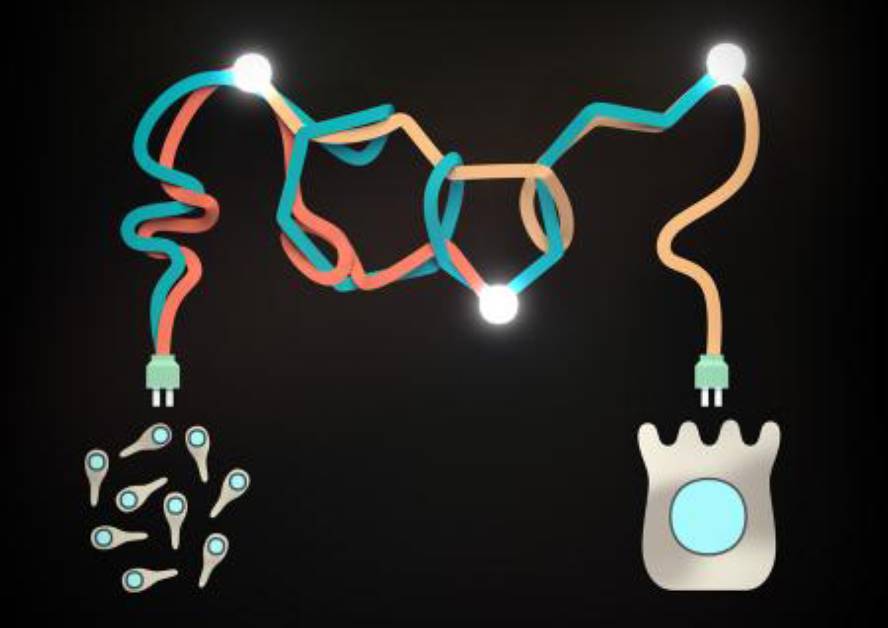Intestinal bacteria help create serotonin

Researchers at the California Caltech Institute of Technology conclude that intestinal bacteria help the production of serotonin. In the mouse they have seen how certain bacteria cause intestinal cells to produce more serotonin. The work has been published in Cell.
More and more studies show the great interaction between intestinal bacteria and our body. A team of researchers from Calteche is studying how bacteria communicate with our nervous system and have wanted to find out if the usual intestinal bacteria somehow affect the host neurotransmitters. Specifically, they have investigated what happens to serotonin. Serotonin neurotransmitter has several important functions and 90% of body serotonin occurs in the intestine.
When mice without intestinal bacteria were compared with normal mice, it was observed that those without bacteria had 60% less serotonin. And these mice without bacteria, once normal bacterial populations were introduced, were elevated to a normal level of serotonin. Subsequently, the influence of different bacteria was analyzed and it was concluded that a group of 20 species is responsible for the production of serotonin.
Molecules that could be key to this interaction between bacteria and serotonin cell producers were also analyzed. First, they observed in cellular cultures that a series of metabolites produced by the bacteria mentioned cause cells to produce more serotonins. When these metabolites were introduced in mice without bacteria, their serotonin level also increased.





